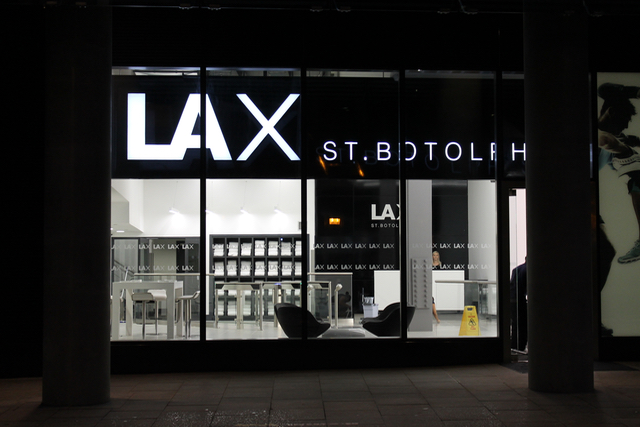Deadlines and budgets are two of, if not the most important elements on every single mechanical and electrical (M&E) project.
With this in mind, G&H Group sees these fundamental basics being ignored on a regular basis, causing significant consequences for the length of time projects take, and the cost.
Communication is a vital issue that is often overlooked or not given enough respect. The evidence is clear to see and witnessed regularly by two of our four divisions: Building Services and Maintenance.
Their partnership working is vital in delivering high performing, efficient buildings.
The true cost of a building isn’t the initial construction fee but how much it costs to run and maintain efficiently thereafter. The main considerations are design, implementation, impact on maintenance and finish.
Here are five key considerations FMs should be aware of.
-
Creating the right dialogue
It is not just communication that is needed, it’s the right type of communication that has to be prioritised.
It is the biggest friend for building services, FMs, builders and crucially end users yet is seldom used efficiently with the designers complying with the specification but ignoring the end users’ specific requirements.
At the outset, clear talks need to be held with the end user as well as the builder. By using this as the starting point, a host of benefits, especially those relating to maintenance, become available and more co-ordinated projects delivered.
More thought needs to be given to who the building is for and how it is going to be used so the best M&E systems can be fitted first time of asking.
In new build circumstances, the building is designed and equipped at category A only for the end user to realise it’s not fit for purpose leading to elements having to be stripped out to facilitate a category B to better suit the occupants’ requirements.
If you were to overlay category A with category B designs the differences would be stark. This can be avoided if building services companies can speak to the right people early enough in the process to understand what the building is to be used for.
A massive difference in plant spatial requirement (and savings) can be made by designing systems to meet specific client needs.
-
End user input and usage
The more detail that can be given before the building is designed and built, the better.
It seems obvious, but the building is for the end user client not the main contractor. When the building is going to be used, the number of people who will be in it, what it will be used for and what’s important are crucial basics.
If the building is going to be used by hundreds of people a day but only in groups of 30 at any one time, then large powerful, permanent systems are not always needed; better to have flexibility so heating and ventilation can easily be reduced when not in use.
If it’s an education facility where exams are carried out, services need to be able to turned down to create as silent an environment as possible.
-
FM central to designs
A crucial aspect of all pre-build design is considering long-term maintenance. BIM plays a really valuable part demonstrating how the M&E will look and enables designers to factor in the need for planned and reactive maintenance to take place quickly.
It means the building can perform better while returning financial savings to the end user and achieving a far higher level of client satisfaction.
-
Ensuring compliance
The role of FMs in delivering compliance is a vital part of the process.
By their very nature, M&E and all building services installed including gas, electricity and water supplies have to be tested and meet legislation.
FMs that work well with building services are invaluable for the builder and the end user, which is why G&H Building Services and G&H Maintenance liaise so closely together on all projects.
-
Commission and final handover
As with all projects, commissioning and final handover should be a smooth process but this is only made possible in M&E schemes by FMs being involved throughout the entire process.
This reiterates the previous four points made; the more involvement from FMs from the outset coupled with close working relationships with building services throughout the design and installation work, means the final handover should be a formality.











